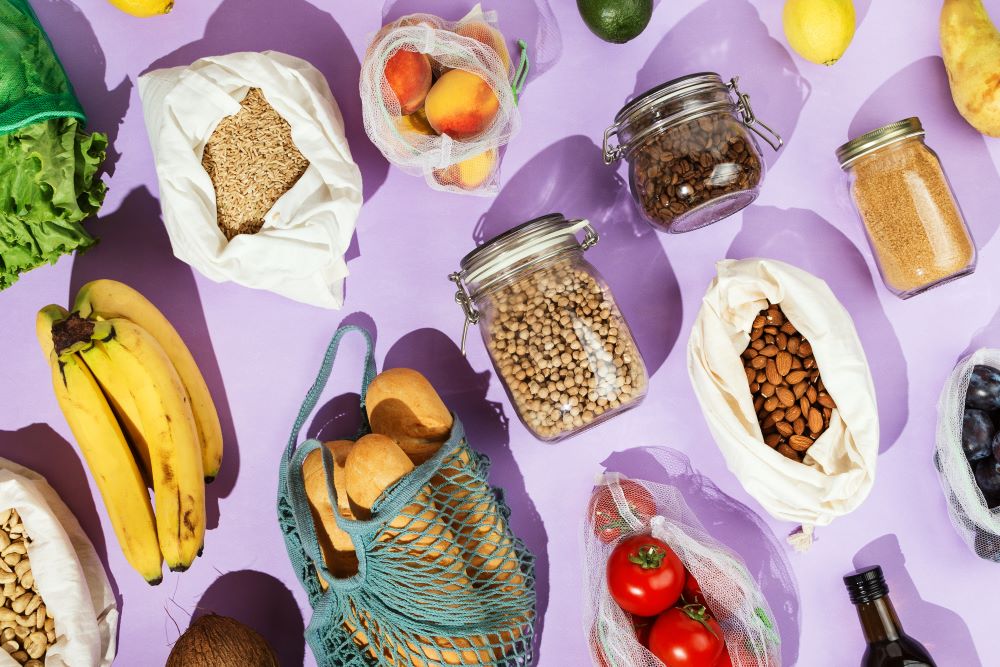
UK shop prices have dropped for the first time in two years, according to data released today (1 August) by the British Retail Consortium (BRC).
The new data suggests that the wet UK summer has led to clothing retailers heavily discounting summer lines to encourage shoppers into stores.
According to BRC data, the headline figure for shop prices was 0.1% lower in July than the previous month, with the annual rate of inflation dipping to 7.6% from 8.4% in June. Non-food prices fell 0.2% from June to July, with the wet weather blamed for heavy discounting on summer clothes. The annual rate of non-food inflation now stands at 4.7%.
Despite its positive downward trend, the rate of food-price inflation, which eased from 14.6% in June to 13.4% in July, remains high. The BRC said the decline was reflective of price cuts across a range of staple commodities including oils, fats, fish and breakfast cereal.
Improving outlook
The Financial Times quotes Mike Watkins, head of retailer and business insight at research company NielsenIQ, which helps compile the BRC data, as saying: “While inflation remains high, the outlook is improving.”
The FT also points to previous research from Kantar suggesting that grocery inflation was easing as many large manufacturers said they had no plans for further price rises this year.
Interest rates decision
The inflation figures sound a positive note in a week when the Bank of England (BoE) is due to meet to decide what to do with interest rates.
There is growing pressure on the BoE, including from the Treasury’s economic advisory panel to slow the rate increase. Market anticipation is that this week’s rise may only be a quarter of a point rather than half a point.
However, the FT suggests that while goods price inflation is moving in the right direction, the BoE’s Monetary Policy Committee may be concerned about how strong wage growth across the economy could feed persistent inflation in services.
Trouble ahead?
Helen Dickinson, BRC’s chief executive warned of the potential future impact of recent shocks in the global economy, especially for rice and cereals after Russia withdrew from the Black Sea Grain Initiative and India banned the export of non-basmati rice.
“Further supply chain issues may add to input costs for retailers in the months ahead,” she said, explaining that food price inflation would therefore be stickier and slower to fall than that for non-food items.
European pressures
The Grocer highlights that, along with the concerns from India and the Black Sea, there are also other potential future pressures on prices caused by the current European heatwave and subsequent wildfires. It reports that the 2023 European cereal harvest is set to be the lowest since 2007.
It adds that, according to analysts at Mintec, fruit and veg yields will also be affected, especially in Spain, and concludes that the impact on olive oil production will be “nothing short of catastrophic”.



